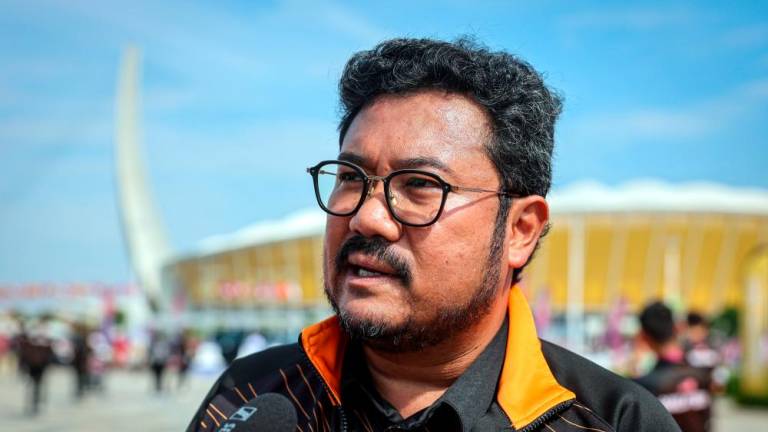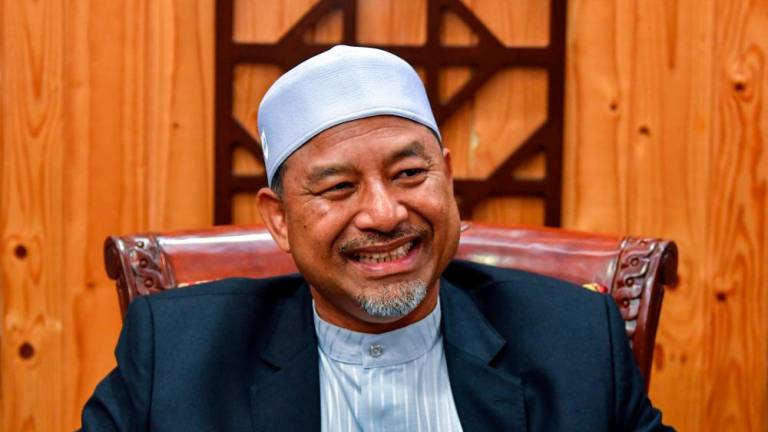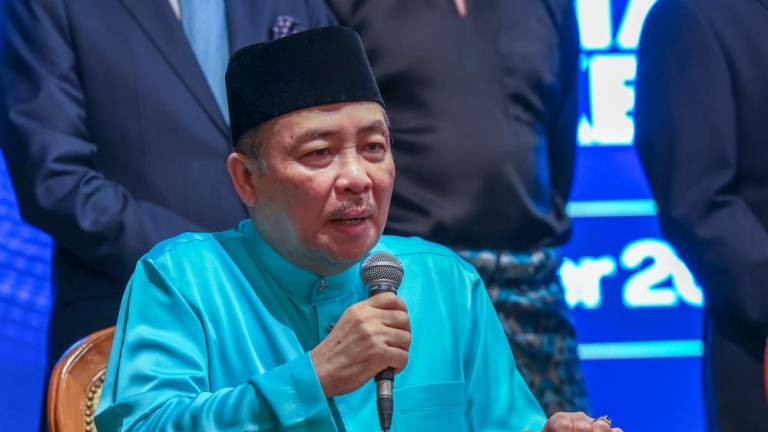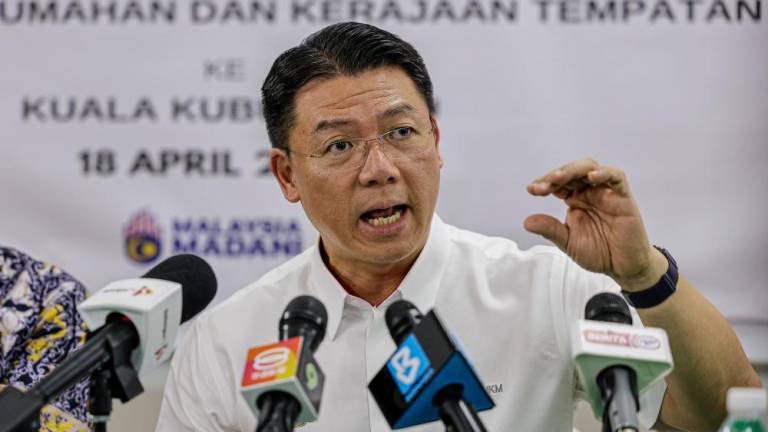PARIS: The French government vowed on Thursday to push through pension reform by the end of the winter despite fierce opposition from unions whose first major day of strikes failed to have much impact.
A nationwide day of stoppages called by the CGT union on Thursday -- the first since President Emmanuel Macron was re-elected in April -- caused some disruption, but was not widely followed.
Several unions, including the country's biggest, did not take part, although all of them are gearing up for a months-long battle over efforts to raise the pension age.
Macron made raising the retirement age from its current level of 62 one of the key planks of his re-election campaign, arguing that the current system was unsustainable and too expensive.
“All the unions in France are against working up to 64 or 65 years. Because it’s stupid,“ the head of the CGT union, Philippe Martinez, told France 2.
Left-wing political parties have called their own separate rallies on October 16 to demand pay rises and an end to the planned pension changes.
Though known to be in a rush to push through the changes, Macron's Prime Minister Elisabeth Borne announced Thursday that the government would spend another few months in consultations.
“There are important questions we want to open talks about” with other political parties, unions and employers’ groups, Borne told AFP.
“We’re starting from the assumption that we’ll be able to hold a dialogue,“ she added.
A bill would be voted on “before the end of the winter”, she promised.
Fresh elections?
With deficits spiralling and public debt at historic highs, Macron views pushing back the pension age as one of the only ways the state can raise revenues without increasing taxes.
But his centrist party lost its majority in parliament in June, severely undermining his ability to make changes.
“If the president insists on declaring a social war on the people, we will respond with all the means at our disposal,“ the parliamentary leader of the hard-left France Unbowed (LFI) party, Mathilde Panot, warned on Wednesday.
Labour Minister Olivier Dussopt said that the 44-year-old head of state would not hesitate to call fresh elections if opposition parties voted down the government over the reform.
“If all of the opposition comes together to adopt a vote of no-confidence and brings down the government, he (Macron) will let French people decide and say what sort of a majority they want,“ Dussopt told the LCI channel.
No opposition party has pledged to support the centrist minority government so far, but the conservative Republicans party might still be persuaded, observers say.
Stoppages
The strike on Thursday was followed by about one in ten teachers, according to the education ministry, leading to school closures in some areas.
One in three railway workers also stopped work, according to the CGT, leading to major cancellations on key routes including Paris-Bordeaux.
The biggest of around 200 protests nationwide was expected to draw 3,000-6,000 people in Paris on Thursday afternoon, according to a police source.
Around 4,300 people marched in the southern city of Marseille.
The strikes and demonstrations were small by historic French standards and even the last round of protests against pension reform in 2019.
Hundreds of thousands marched in 2019 and a four-week strike on Paris transport crippled the metro system in what was the longest stoppage in decades.
“I don’t know anyone who wants to work for longer, but I don’t know anyone who thinks they are not going to work for longer,“ a minister close to the president told AFP last week on condition of anonymity.
“Maybe I’m mistaken, but I’m not sure that the turnout will be as large as the unions and LFI are hoping for,“ the minister said of Thursday’s day of action. - AFP













